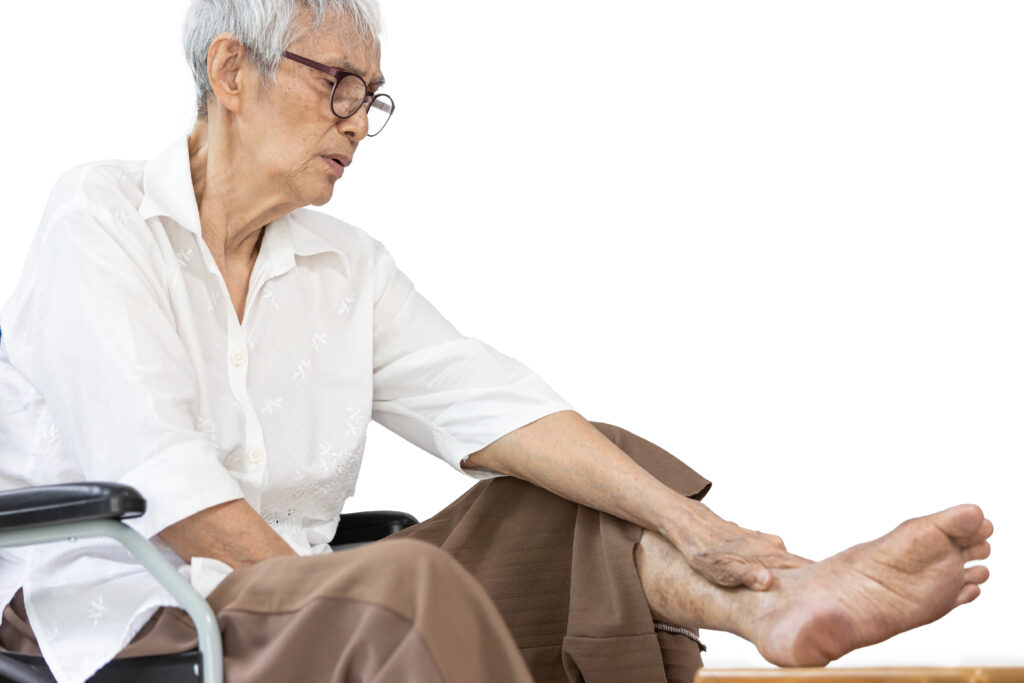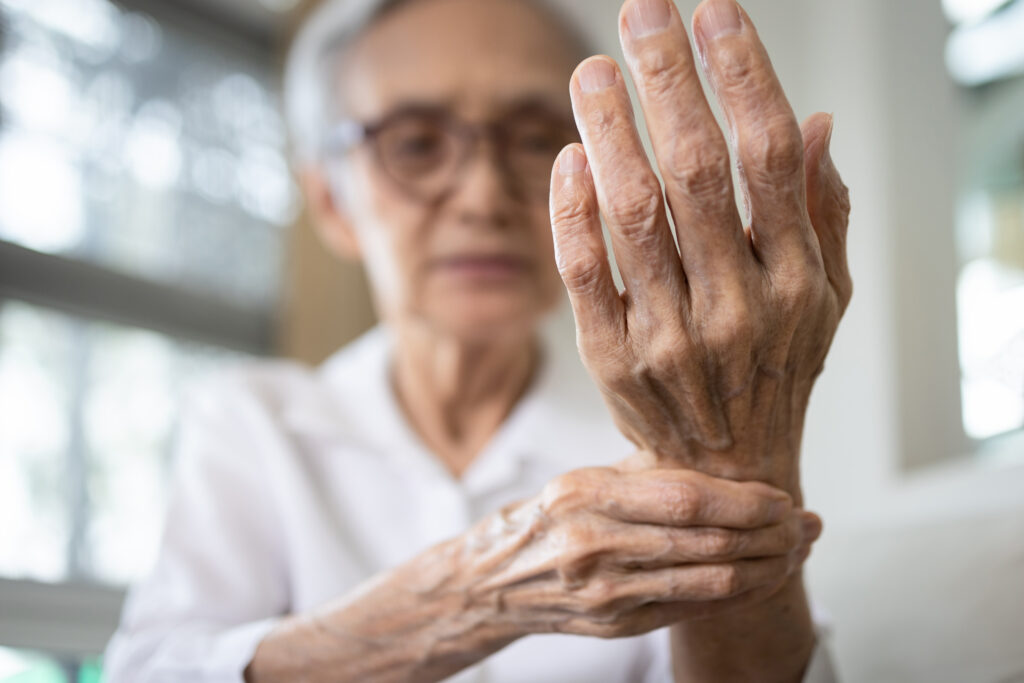
In short, nerve damage.
But what causes Peripheral Neuropathy? How can you tell when you are suffering from it? How serious can this be? We’ll answer these questions as well as what kind of help is there if you are suffering from Peripheral Neuropathy and when you should consider seeing your primary care provider if you suspect you may be suffering from Peripheral Neuropathy.
Causes of Peripheral Neuropathy
Peripheral Neuropathy is a common condition that affects over 3 million people in the US every year. And with a varied source of causes, finding out what the underlying condition is important to your case of Peripheral Neuropathy. Some of the causes include:
- Autoimmune diseases – such as Lupus, Arthritis and Vasculitis
- Diabetes
- Viral Infection
- Tumors
- Liver Disease
- Hypothyroidism
- Alcoholism
- Poor Dietary Choices
- Medication
- Injury or Trauma
- Vitamin deficiencies
Understanding the root cause is half the battle. Managing what causes Peripheral Neuropathy can mitigate further damage to your nerves. In some cases a cause can not be identified which can make it harder for you or your doctor to identify whether or not you are suffering from this condition.
Symptoms of Peripheral Neuropathy
The list of symptoms is as diverse as its causes. Some people may be suffering from it and show now symptoms while others can manifest some of the most debilitating pain imaginable, some symptoms include:
- Numbness
- Poor Balance
- Tingling fingers, toes and feet
- Slow reflexes
- Cramping
- Feeling of Pins and Needles in Hands and Feet
- Sensitivity to Pain
- Pain
These symptoms unfortunately can occur commonly with everyday events, sitting awkwardly can cause numbness and pins and needles. Lack of sleep can cause you to have slow reflexes and poor balance while dehydration can cause cramping. Getting checked regularly can help you to identify the root cause of these symptoms. Which can ultimately save you from further damage if ignored.
Severity of Peripheral Neuropathy
As uncomfortable as suffering from peripheral Neuropathy can be, it’s rarely a life threatening condition. People suffering from Peripheral Neuropathy can have problems eating as their digestive tract can swell or go numb. If left unchecked for long periods of time symptoms can become worse and damage to the nerves can become permanent.
With early detection of the root cause of Peripheral Neuropathy treatment to the damaged nerves can be halted. With proper care damage to the nerves can be reversed, mobility can be regained and senses normalized.
When to See your Primary Care Provider
Many symptoms linked with Neuropathy are also commonly linked with other ailments. Because of this it is difficult to judge whether or not your symptoms will disappear on their own or if you should seek your primary care provider. However, my recommendation would be if at any point you begin to suffer some or any of the symptoms of Peripheral Neuropathy on a regular basis, that may be the sign that there may be an underlying condition that you may not be aware of. This would be the appropriate time to ask your primary care provider if you are suffering from a form of Neuropathy.
Treatment
Treatment for Peripheral Neuropathy depends on the amount of damage sustained by the nerves. In some cases a simple change in diet and more active lifestyle is all you need in order to begin recovery from Peripheral Neuropathy. More serious cases may require a little bit more help to heal the damaged nerves.
At SOHMA Integrative Medicine in Long Beach CA we now offer regenerative cellular tissue therapy, which may be covered by Medicare. Regenerative cellular tissue therapy can be helpful in reducing pain that is caused by Peripheral Neuropathy as well as assisting in the regeneration of damaged nerves.
Tai Chi is a great way to stay active while not stressing your body. Feel free to ask the helpful staff at SOHMA about our free Tai Chi classes.
Take the Next Step In Improving Your Health by Contacting SOHMA Integrative Medicine
Our goal is to help you improve your health. You can reach out to us by calling us at 562-408-1140 or filling out the contact form and ask us about the Myers Cocktail, IV Therapy, Chiropractic care, or how our other health service lines can help you with your journey to improved health.
Located in Long Beach, CA we help individuals from the surrounding cities.
We look forward to helping you take the next step in your journey to better health.
